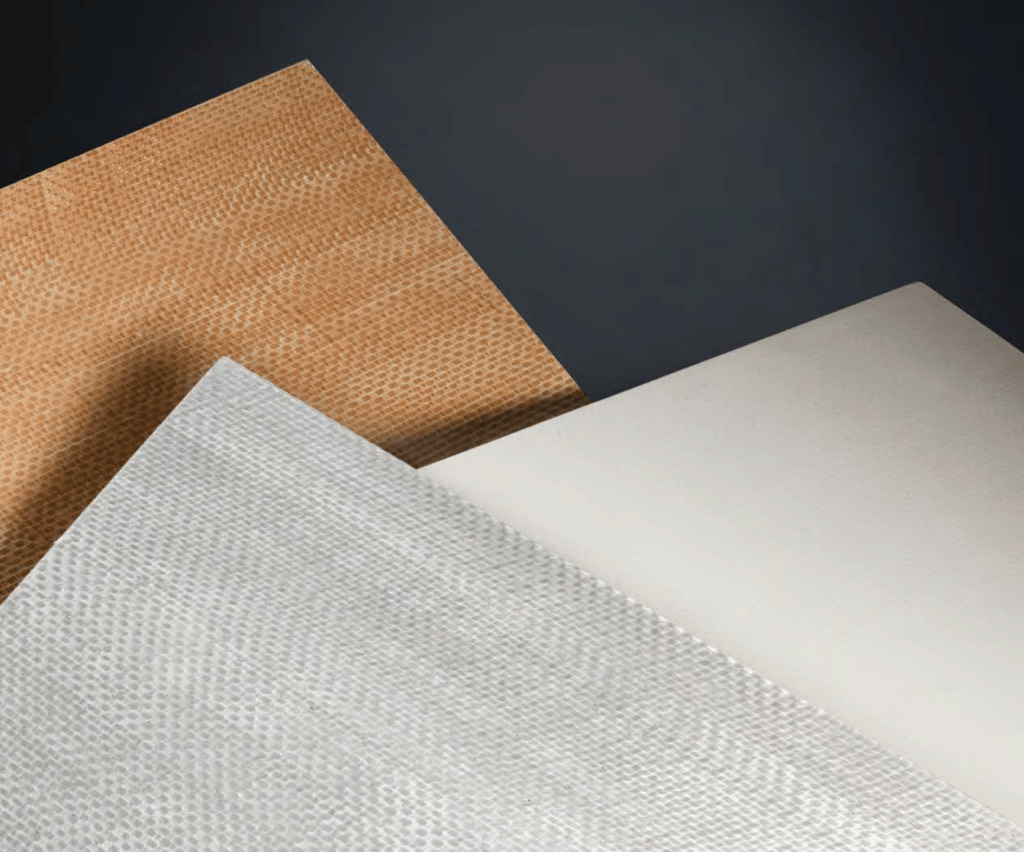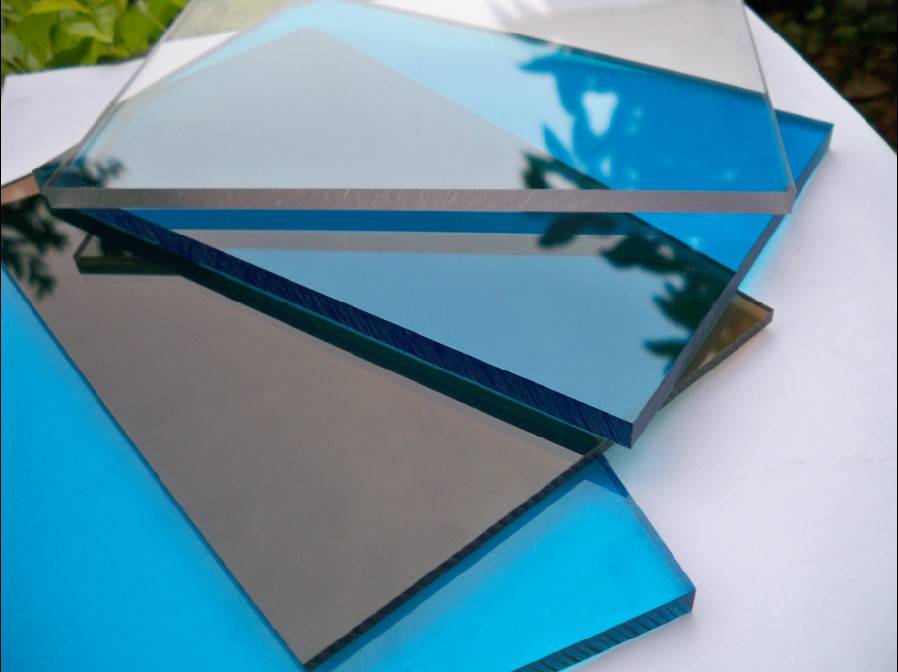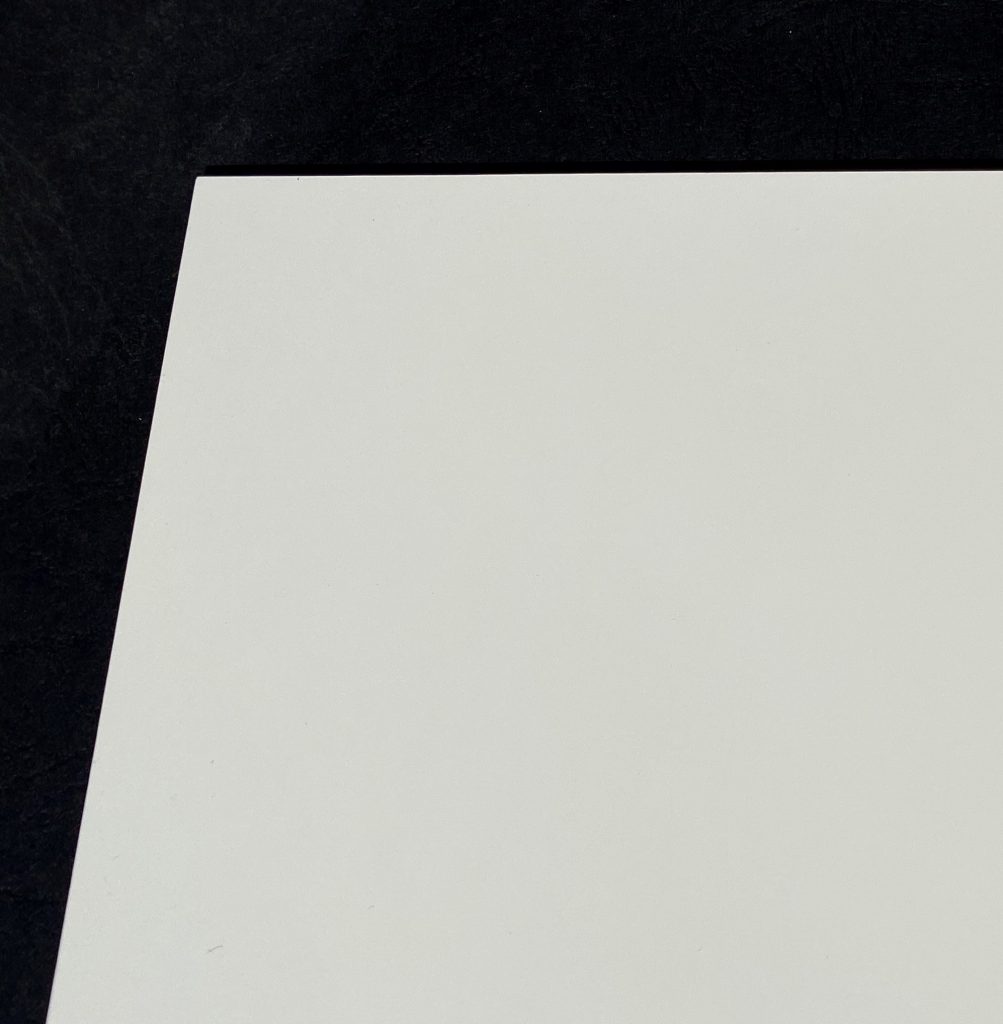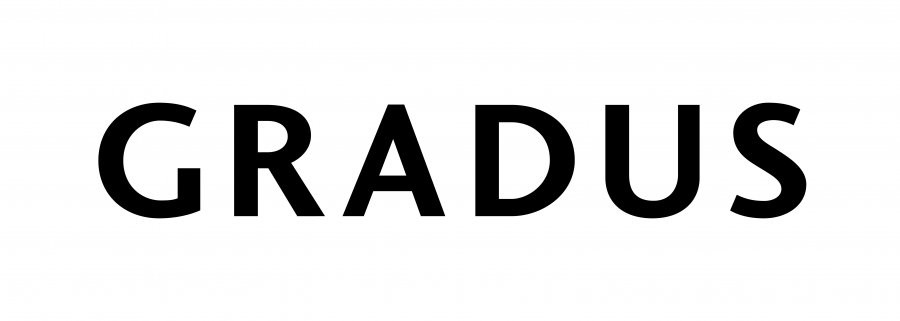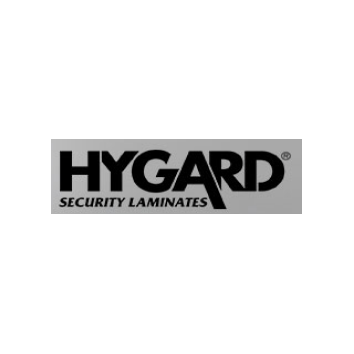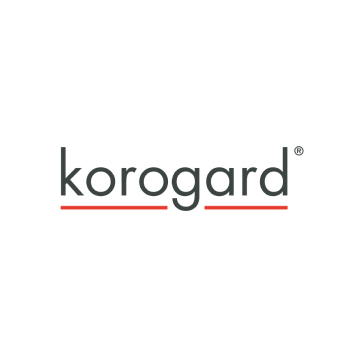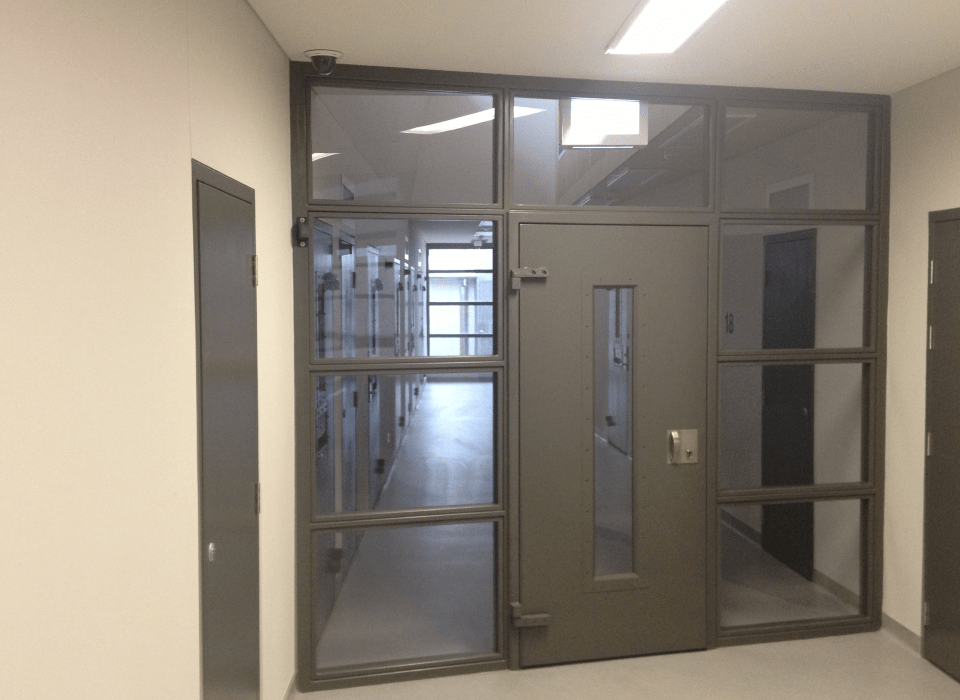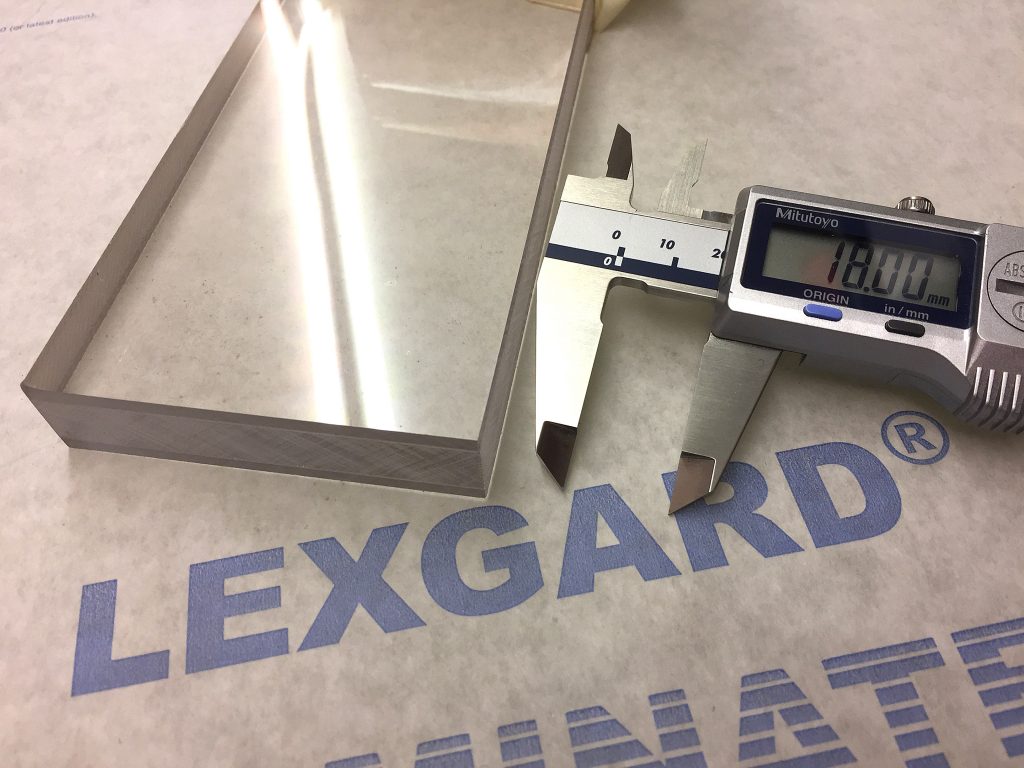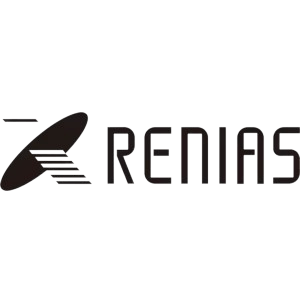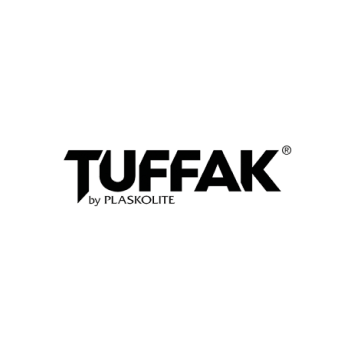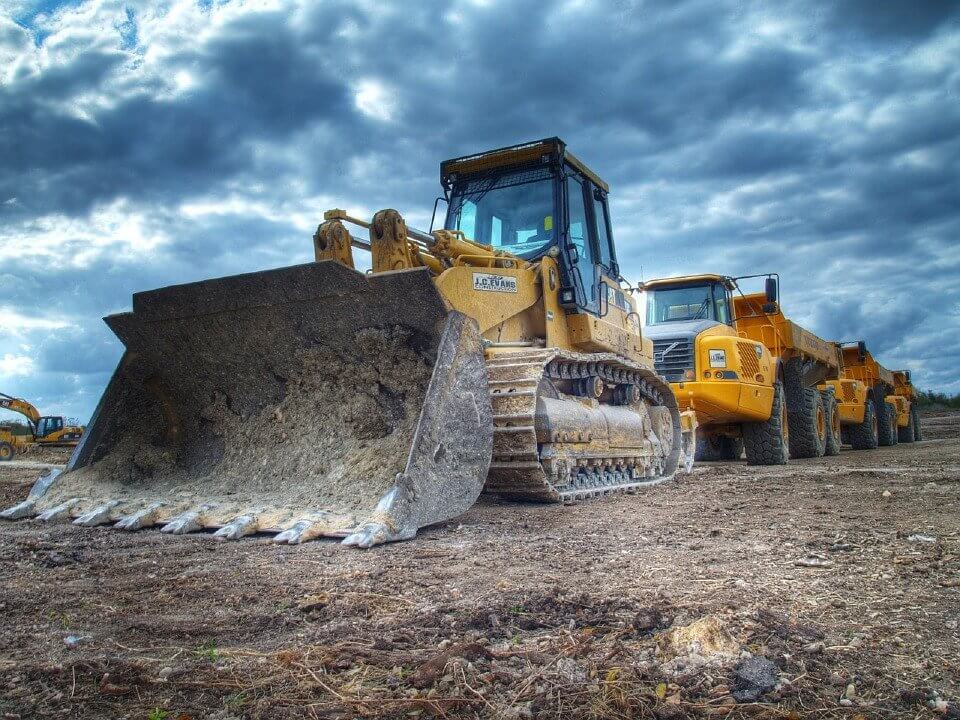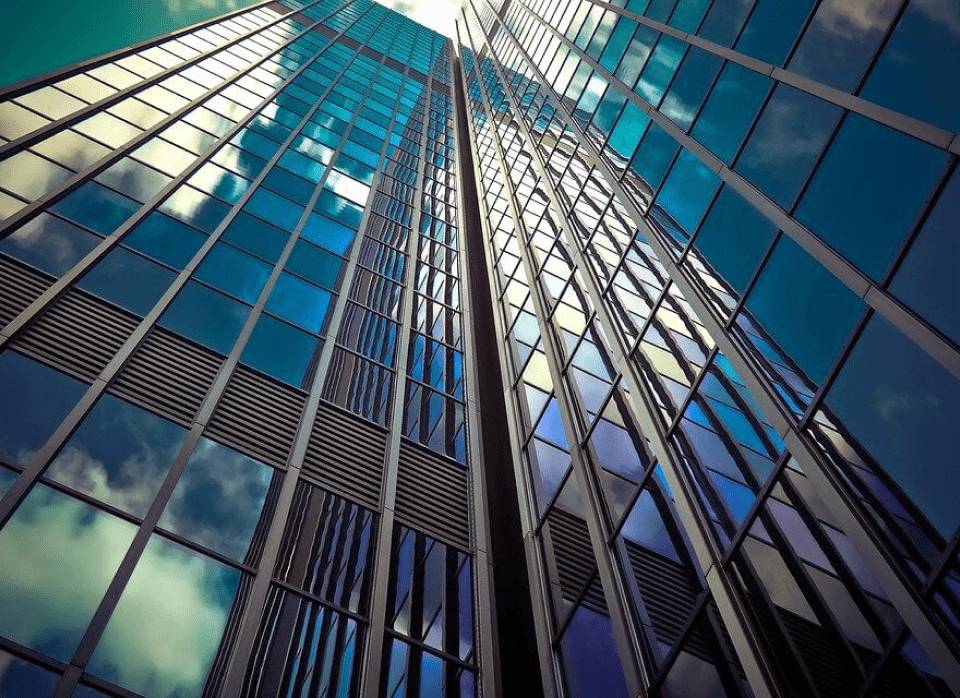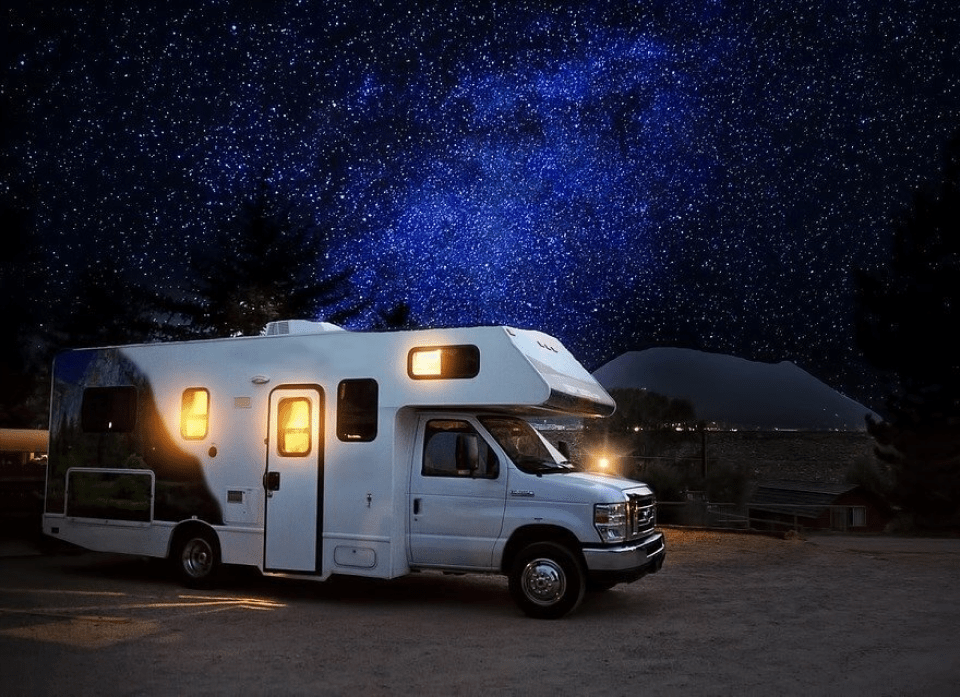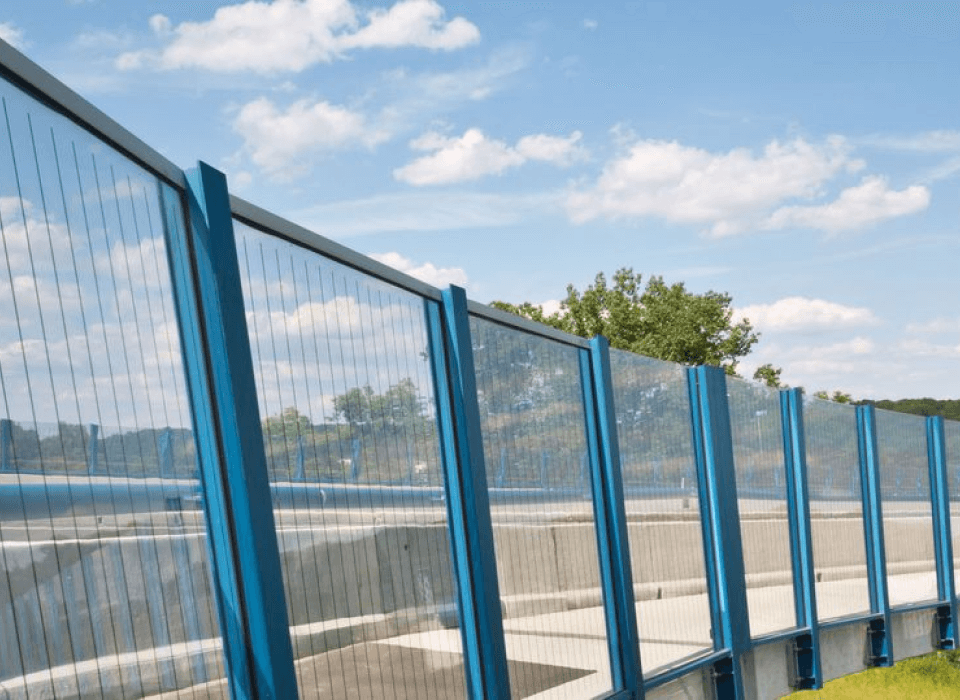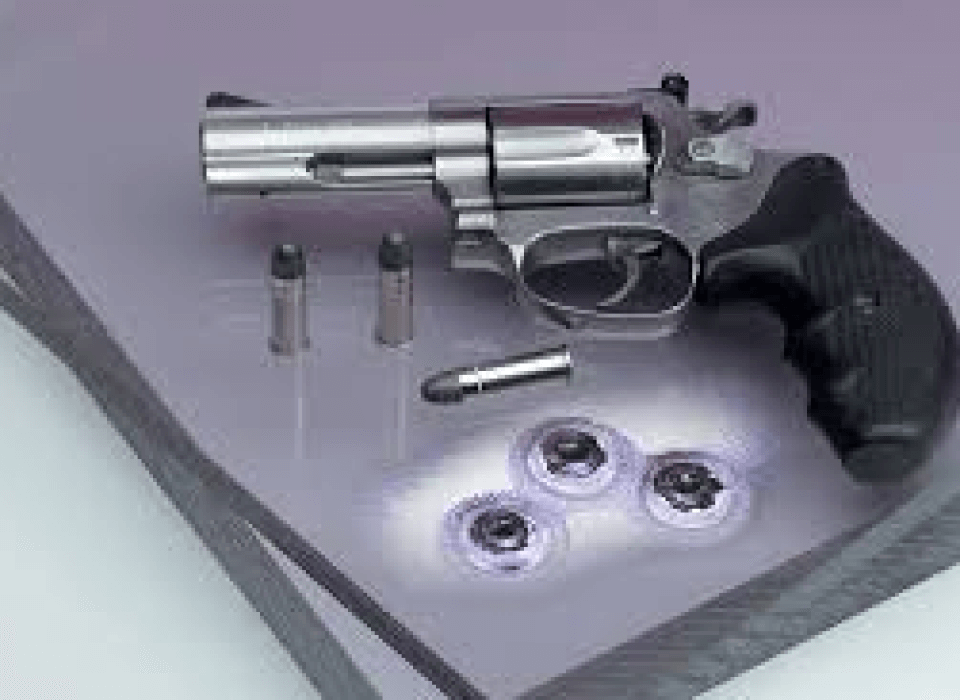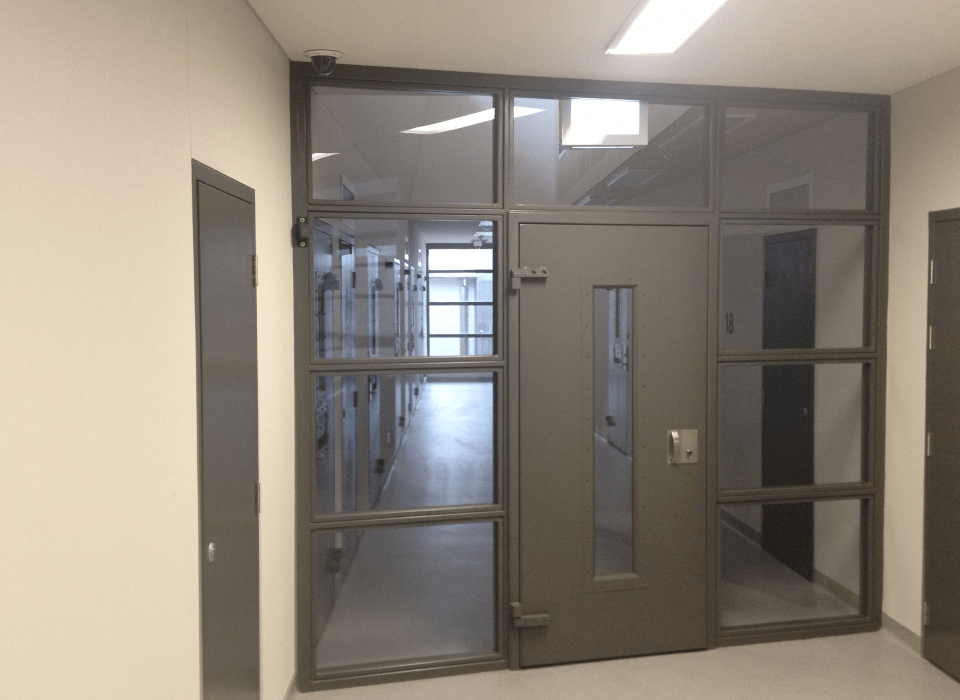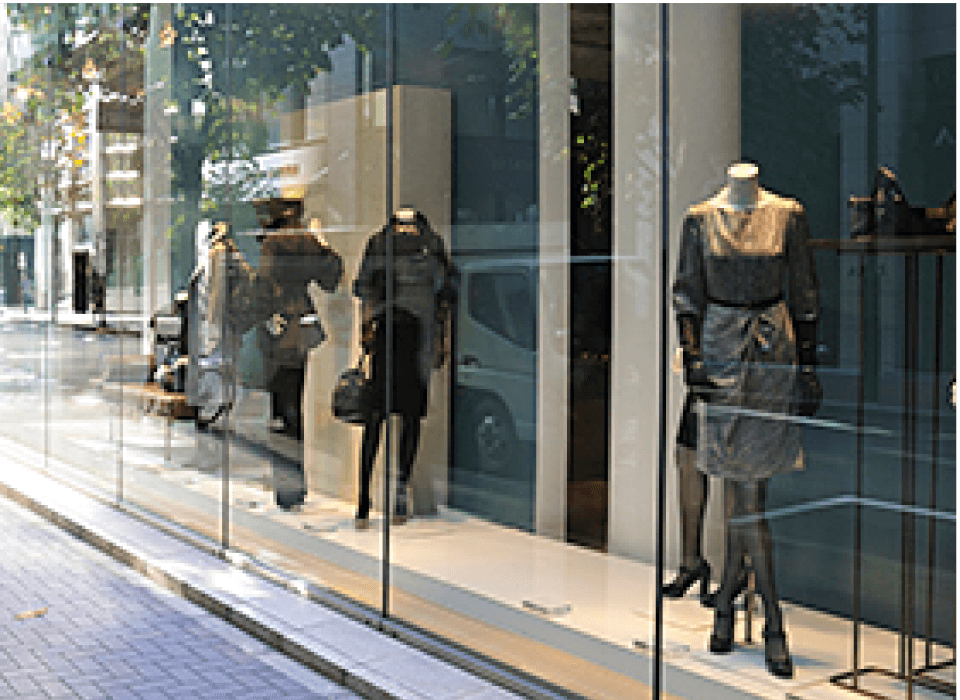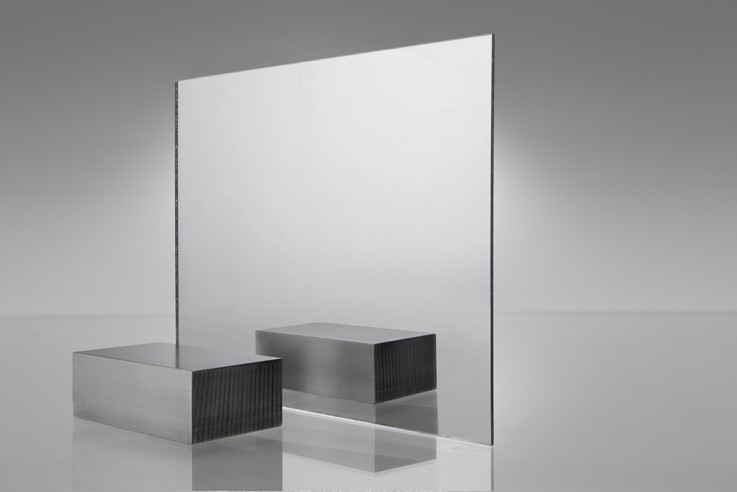
Fire Rated
Regulatory tightening of the Building Code of Australia and international standards in relation to fire properties of products is continuing to evolve with a demand for products that meet higher standards and certifications.
We have worked for many years with our suppliers and the regulatory bodies to ensure we provide products of the highest quality from the most reputable manufacturers around the Globe.
Our products have been tested and certified to current BCA and other international standards, with some of the certifications as below:
- Group 1 Product Group Number Classification – BCA Fire Rating in accordance with AS 5637.1-2015 – testing in accordance with AS/NZS 3837 : 1998
- AS/NZS 1530.3-1999 Methods for Fire Tests on Building Elements, Components and Structures – Part 3: Simultaneous Determination of Ignitability, Flame Propagation, Heat Release and Smoke Release
- UL & ULC (Canada) Class A Fire Code
- EN ISO 11925-2 – testing in accordance with EN 13501-1: 2018
- EN 13823 – testing in accordance with EN 13501-1: 2018
- AS 1530.4-1997
- AS1530.4.2005
- AS1905.1.2015
- FAR Part 25-1995 Section 25.853 – 60 second ignition Vertical Burn Test – Airworthiness Standards: Transport Category Airplanes Interior Compartments Occupied by Crew or Passengers
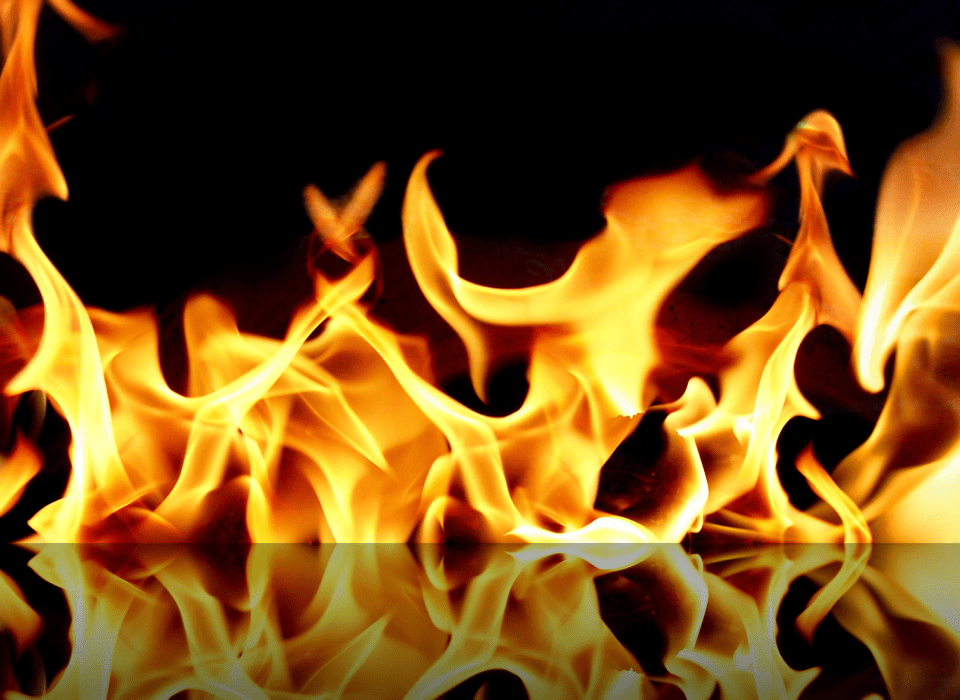
Related Brands & Products
Click into the categories to check product details
FAQ
What is abrasion-resistant polycarbonate?
Abrasion-resistant polycarbonate is a type of polycarbonate material that has been treated or coated to enhance its resistance to scratches and wear, making it ideal for applications where durability is crucial.
What are the benefits of using abrasion-resistant polycarbonate?
Abrasion-resistant polycarbonate offers superior durability, high impact resistance, excellent clarity, and long-term performance in harsh environments. It is less likely to scratch or wear compared to standard polycarbonate, making it ideal for protective covers, lenses, and glazing applications.
What applications are best suited for abrasion-resistant polycarbonate?
This material is ideal for applications such as safety and security glazing, machine guards, protective covers for electronic displays, automotive headlamps, and optical lenses, where both clarity and resistance to abrasion are essential.
Can abrasion-resistant polycarbonate be cut and machined?
Yes, abrasion-resistant polycarbonate can be cut, drilled, and machined using standard tools, but care must be taken to avoid damaging the protective coating. It is recommended to use sharp tools and proper techniques to maintain the material’s integrity.
Is abrasion-resistant polycarbonate UV resistant?
Many abrasion-resistant polycarbonate sheets also include UV protection, which helps prevent yellowing and degradation from prolonged exposure to sunlight, making them suitable for outdoor applications.
Can abrasion-resistant polycarbonate be used for high-temperature applications?
Abrasion-resistant polycarbonate retains its physical properties over a wide temperature range, typically from -40°F to 250°F (-40°C to 121°C), making it suitable for many high-temperature applications.


